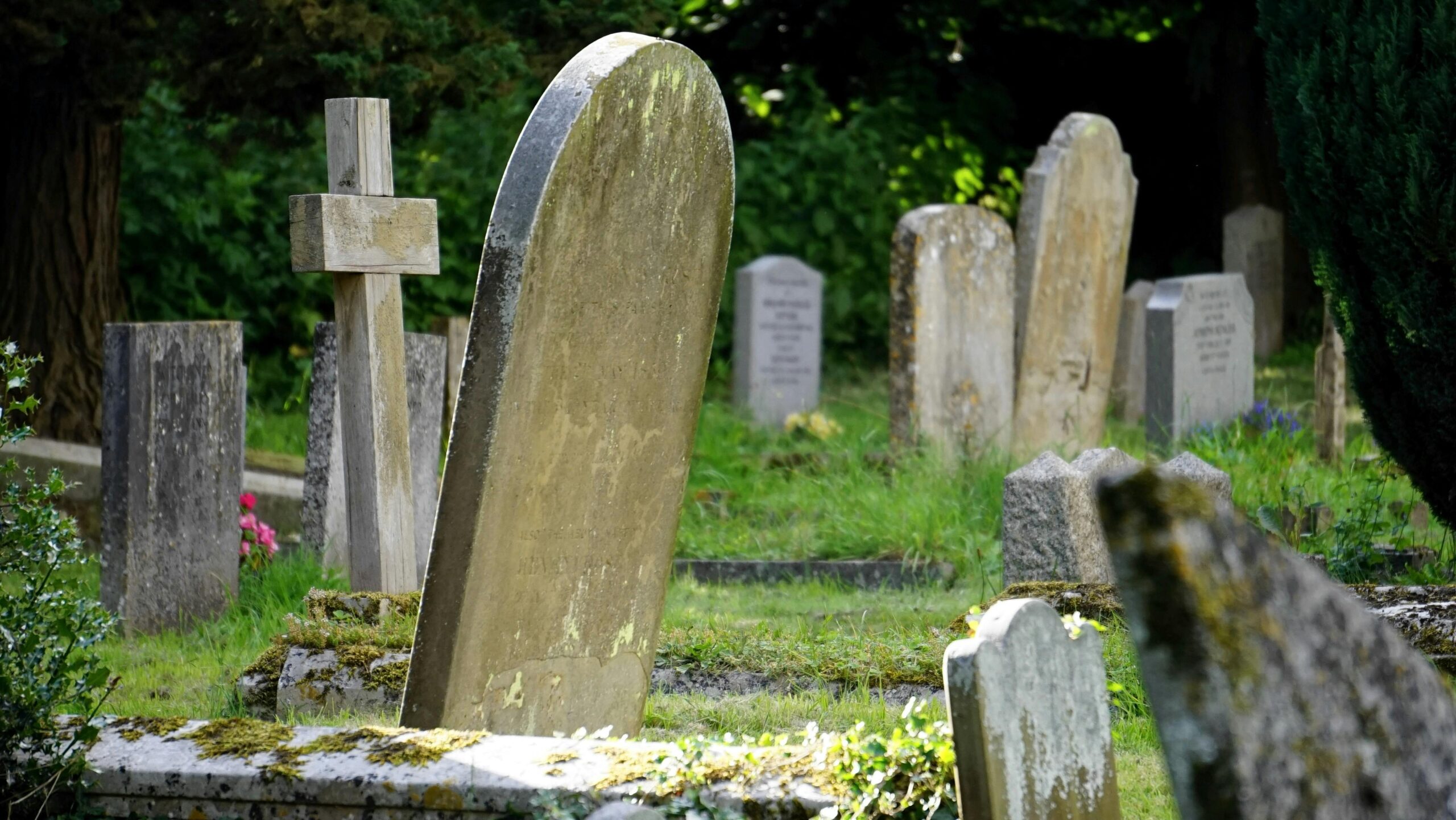Introduction
Death is a reality we all must face, yet many people live in constant fear of it. This fear, known as death anxiety, can affect mental health, sleep, relationships, and overall quality of life. While some level of fear is natural, when it becomes overwhelming, it can lead to serious emotional distress.
In this article, we’ll explore Death Anxiety: What It Is and How to Overcome Fear of Mortality. You’ll learn the psychology behind it, common symptoms, and practical strategies to reduce anxiety and live with greater peace of mind.
What Is Death Anxiety?
Death anxiety is the intense fear or worry about dying or the process of death.
Common Manifestations
- Fear of personal death
- Fear of loved ones dying
- Anxiety about the unknown after death
- Obsessive thoughts about mortality
According to the American Psychological Association, death anxiety is linked to generalized anxiety disorder and health anxiety. For some, it’s triggered by a major life event—such as illness, trauma, or losing a loved one.
Signs and Symptoms of Death Anxiety
Recognizing the symptoms is the first step toward overcoming it.
Key Symptoms
- Persistent worry about death or dying
- Panic attacks when thinking about mortality
- Trouble sleeping due to racing thoughts
- Avoiding conversations or situations related to death
- Obsessively researching health conditions
- Feeling detached or hopeless
If these symptoms disrupt your daily life for weeks or months, it may indicate clinical anxiety or depression that requires professional support.
Why Do People Experience Death Anxiety?
Death anxiety can stem from multiple causes, both psychological and cultural.
1. Fear of the Unknown
Not knowing what happens after death can create deep existential worry.
2. Fear of Suffering
Some people worry more about pain or loss of dignity during dying than death itself.
3. Attachment to Loved Ones
Strong emotional bonds make us fear leaving loved ones behind or losing them.
4. Trauma or Loss
Experiencing a sudden death in the family can intensify fear of mortality.
5. Health Conditions
Chronic illnesses or even minor health scares may heighten focus on mortality.
The Psychology of Death Anxiety
Psychologists often connect death anxiety to existential psychology, which suggests that humans struggle with the reality of mortality.
According to terror management theory, people cope with death anxiety by finding meaning in life—through culture, religion, or personal achievements.
This means overcoming the fear of mortality isn’t about ignoring it, but about reframing it into a healthier perspective.
How to Overcome Fear of Mortality

1. Acknowledge Your Fear
Denying death anxiety often makes it worse. Accepting your fear is the first step toward healing.
2. Talk About It
Open conversations with friends, family, or a therapist can normalize your feelings. Talking reduces isolation and shame.
3. Practice Mindfulness and Meditation
Mindfulness techniques—such as focusing on your breath or guided meditation, can calm anxious thoughts about death. Studies show it reduces fear of mortality and improves emotional regulation.
4. Strengthen Spiritual or Personal Beliefs
For many, faith or spirituality offers comfort about life after death. For others, building a personal philosophy about life’s purpose can reduce fear.
5. Focus on Healthy Living
Exercise, balanced nutrition, and good sleep not only improve physical health but also give a sense of control, reducing anxiety about death.
6. Limit Health-Related Obsessions
Constantly Googling symptoms or medical conditions can fuel health anxiety. Instead, schedule regular checkups with a trusted doctor and avoid unnecessary “doomscrolling.”
7. Create Meaning in Daily Life
Purposeful living—through relationships, hobbies, or helping others—shifts focus from mortality to what makes life valuable.
8. Seek Professional Help
Cognitive Behavioral Therapy (CBT) is highly effective for death anxiety. Therapists can help reframe anxious thoughts and build coping skills.
Supporting a Loved One with Death Anxiety
Helpful Approaches
- Listening without judgment
- Avoiding dismissive phrases like “Don’t think about it”
- Encouraging healthy routines
- Suggesting professional support if needed
- Sharing calming activities like meditation or walking together
FAQs About Death Anxiety
1. Is it normal to have death anxiety?
Yes, many people experience some fear of death. It becomes a concern only when it interferes with daily life or causes severe distress.
2. Can death anxiety be cured?
It may not disappear completely, but therapy, mindfulness, and healthy coping strategies can reduce it significantly.
3. How do I stop overthinking about death?
Shift focus to meaningful activities, practice mindfulness, and limit excessive research about death or illnesses.
4. Does religion reduce fear of mortality?
For many, religious or spiritual beliefs ease death anxiety. However, non-religious people can also find peace through personal values and philosophies.
5. When should I seek professional help?
If death anxiety causes panic attacks, insomnia, or depression lasting more than a few weeks, it’s time to consult a mental health professional.
Conclusion
Death Anxiety: What It Is and How to Overcome Fear of Mortality reminds us that while the fear of death is natural, it doesn’t have to control our lives. By acknowledging the fear, practicing mindfulness, focusing on meaningful living, and seeking support when needed, you can transform anxiety into acceptance and peace.
Death is inevitable, but living fully is a choice. By caring for your mental health today, you give yourself the strength to embrace life—without being consumed by the fear of its end.


